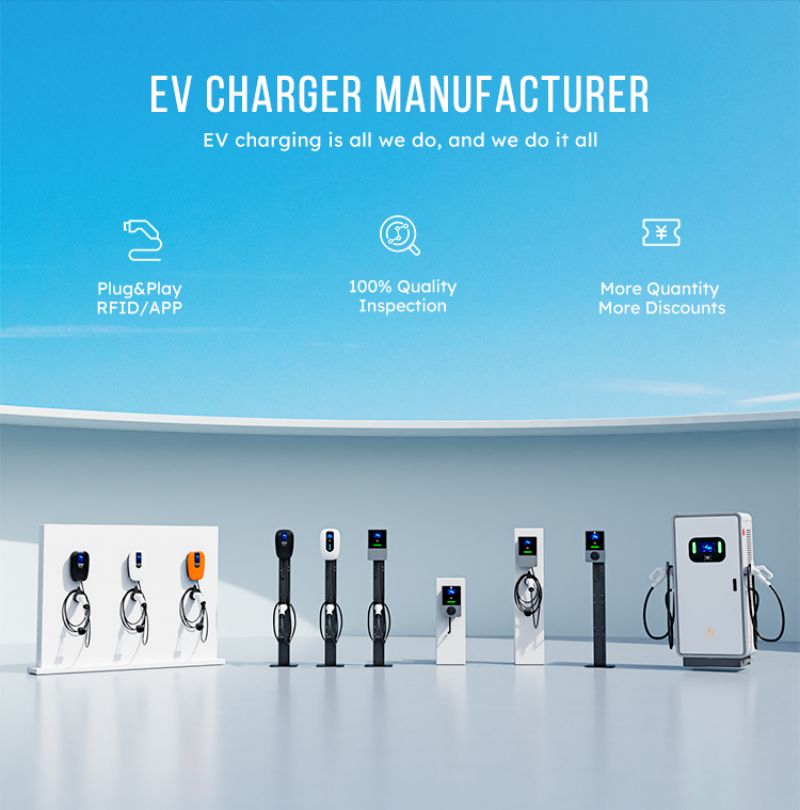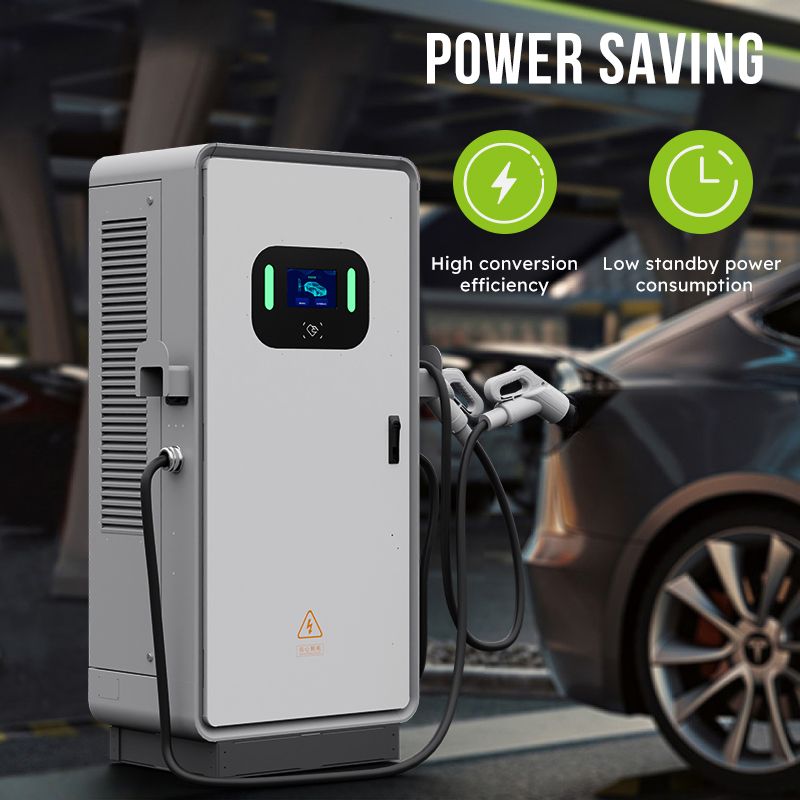The electric vehicle (EV) industry is witnessing a shift towards direct current (DC) charging as the preferred method for recharging EV batteries. While alternating current (AC) charging has been the standard, the need for faster charging times and the potential for improved efficiency are driving the adoption of DC charging infrastructure. This article explores the reasons why DC charging is set to become the norm, not only for public charging stations along major transportation routes but also at malls, shopping centers, workplaces, and even homes.
Time Efficiency:
One of the primary advantages of DC charging is its significantly faster charging times compared to AC charging. AC chargers, even at higher voltages, still take several hours to fully recharge a depleted EV battery. In contrast, DC chargers can deliver much higher power levels, with the lowest DC chargers providing 50 kW, and the most powerful delivering up to 350 kW. Faster charging times enable EV owners to replenish their batteries while running errands or engaging in activities that require less than 30 minutes, such as shopping or grabbing a meal.
Increasing Demand and Reduced Wait Times:
As the number of EVs on the road continues to grow, the demand for charging infrastructure is increasing exponentially. AC chargers, with their slower charging speeds, can lead to longer wait times, especially during peak hours. DC chargers, with their higher power output, can mitigate this issue by enabling a larger number of vehicles to charge rapidly, reducing wait times and ensuring a smoother charging experience. DC charging infrastructure will be crucial for the EV industry to scale efficiently and accommodate the growing number of electric vehicles.
Profitability and Market Potential:
DC charging offers the prospect of profitability for charging infrastructure operators. With the ability to deliver higher power levels, DC chargers can attract more customers and increase charging revenue. Additionally, by bypassing the need for onboard chargers, which are costly and add weight to vehicles, automakers can save on production costs. This cost reduction can be passed on to consumers, making EVs more affordable and further driving their adoption.
Workplace and Residential Charging:
DC charging is also gaining traction in workplace and residential settings. Employers are realizing that investing in DC charging infrastructure offers a better customer experience for their employees and visitors. By providing fast charging capabilities, employers can ensure that EV owners have access to convenient charging options during their work hours. Moreover, with the increasing number of rooftop solar systems and residential storage batteries operating on DC, having DC residential chargers allows for seamless integration and power sharing between solar panels, EV batteries, and residential storage systems, minimizing energy losses associated with conversions between DC and AC.
Future Cost Reductions:
While DC charging infrastructure may currently be more expensive than AC counterparts, economies of scale and technological advancements are expected to drive down costs over time. As the adoption of EVs and related technologies continues to increase, the cost differential between AC and DC charging is likely to narrow. This cost reduction will make DC charging more accessible and financially viable for a broader range of applications, further accelerating its adoption.
Conclusion:
DC charging is poised to become the norm for electric cars due to its time efficiency, reduced wait times, profitability potential, and compatibility with other DC-powered devices and systems. As the demand for EVs continues to rise and the need for faster charging solutions becomes more apparent, the industry will increasingly shift towards DC charging infrastructure. While the transition may take time and require significant investments, the long-term benefits in terms of customer satisfaction, operational efficiency, and overall market growth make DC charging a compelling choice for the future of electric mobility.
Lesley
Sichuan Green Science & Technology Ltd., Co.
0086 19158819659
Post time: Jan-14-2024






